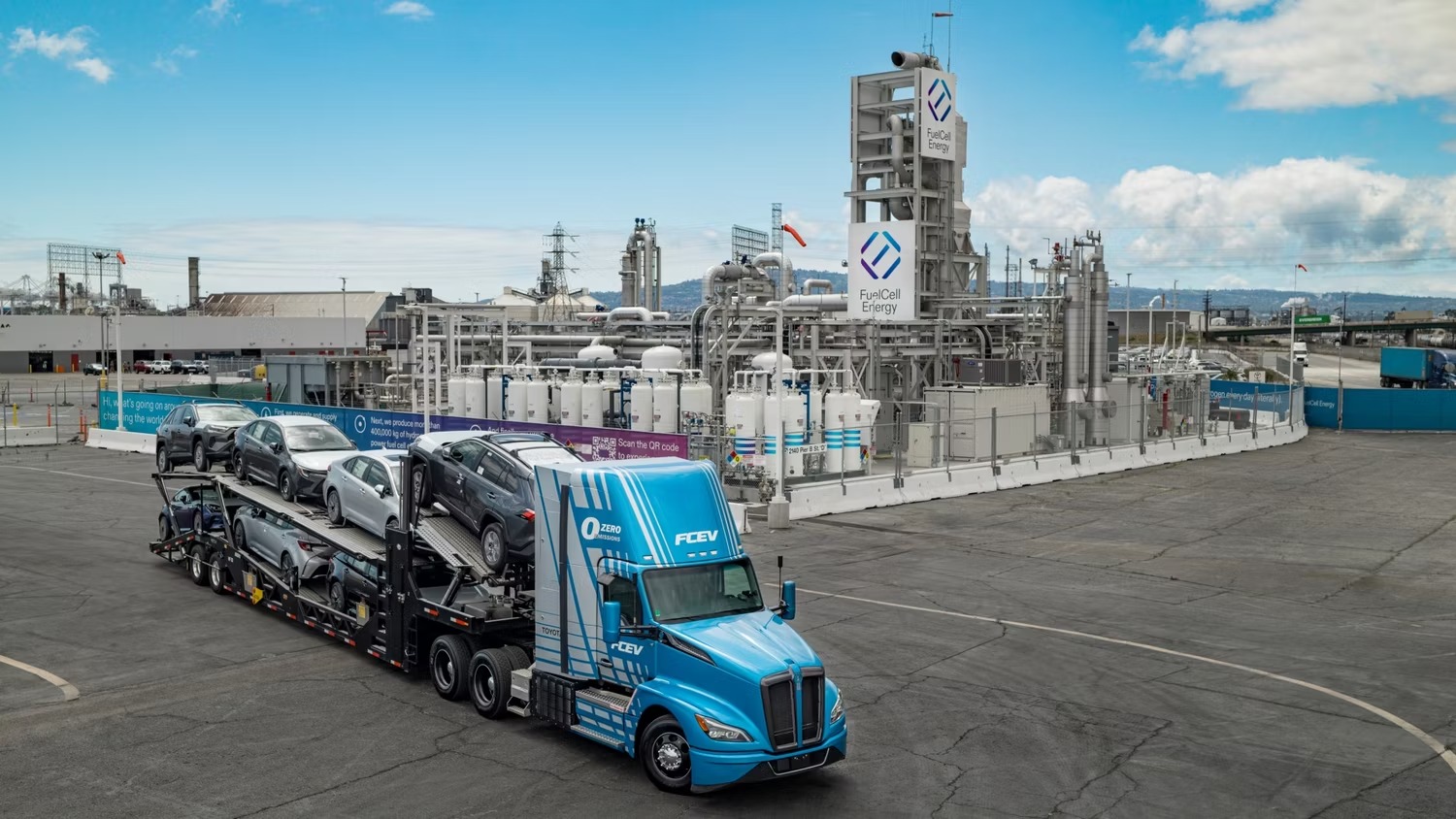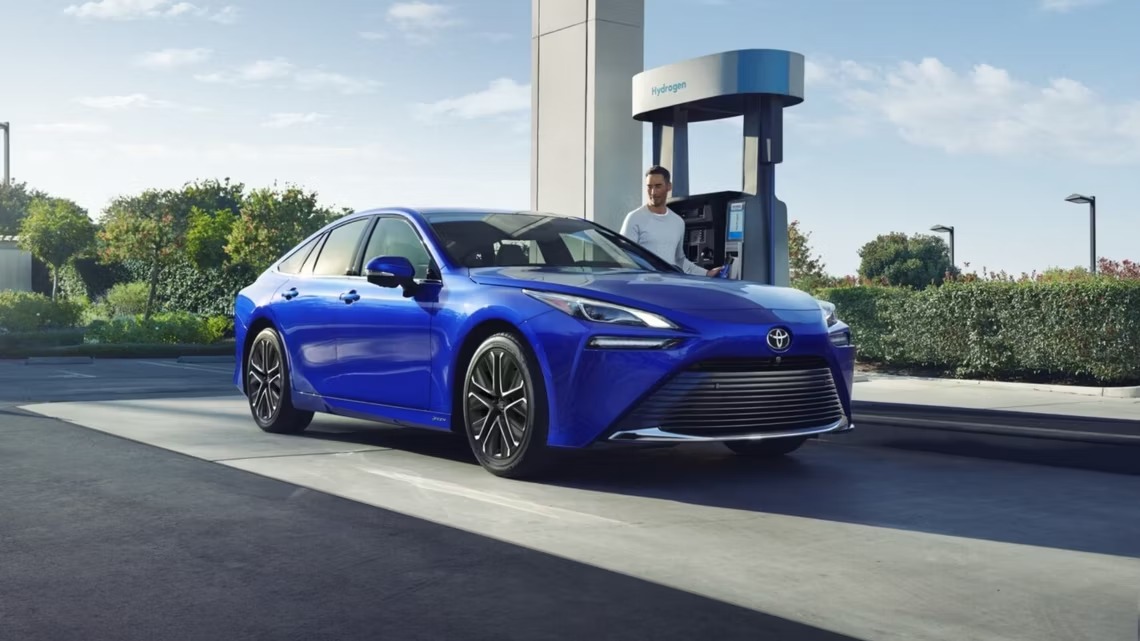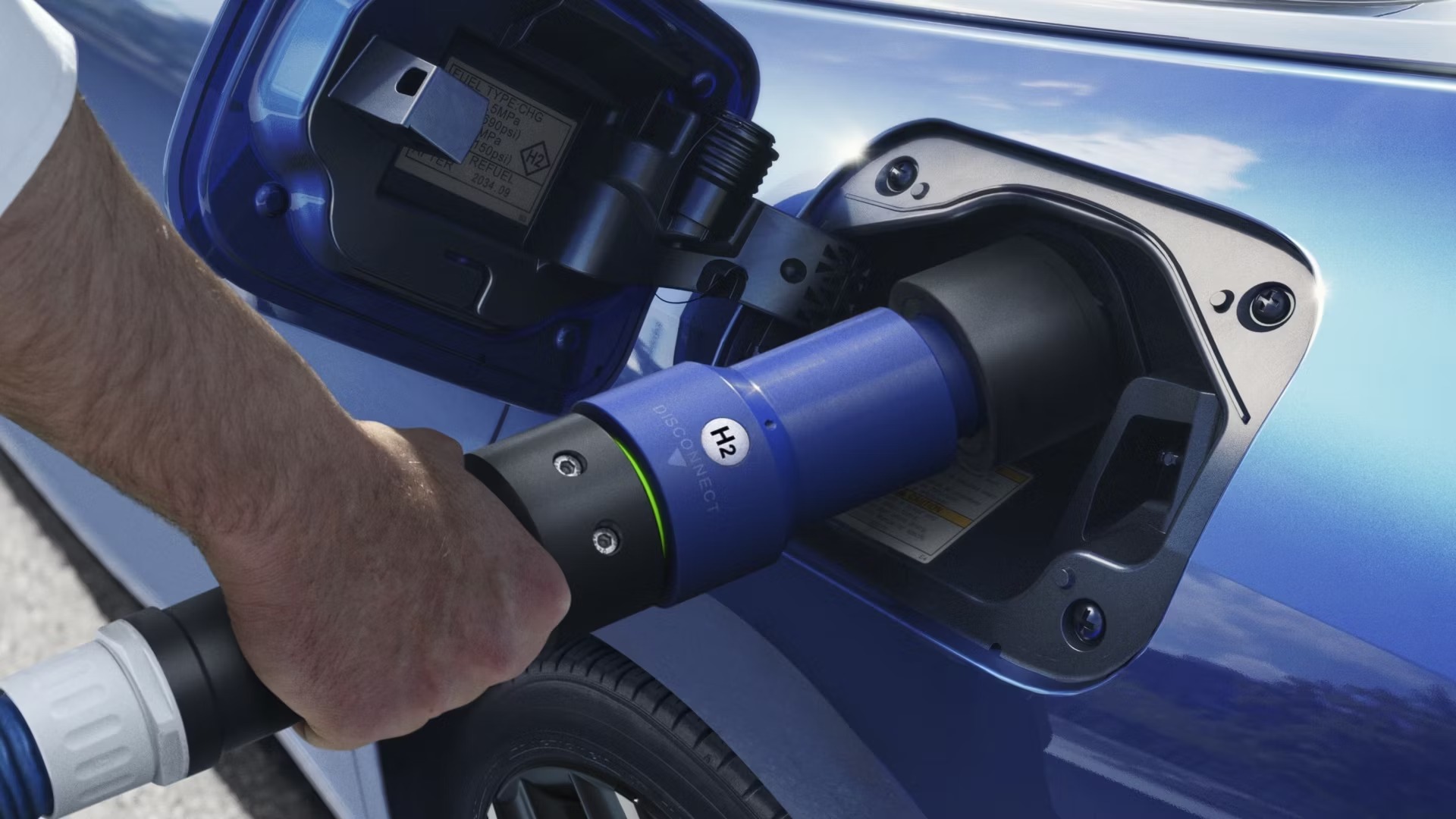Among today’s global automakers, Toyota stands alone in embracing the broadest, most inclusive powertrain portfolio. The company continues to believe in a future where alternative fuels and powertrains beyond gasoline will coexist, rather than being limited solely to battery-electric vehicles (BEVs).
Among the non-BEV alternatives, hydrogen fuel cell vehicles remain the technology most other automakers, such as Hyundai, Honda, and BMW, continue to pursue. But Toyota is alone in doubling down on hydrogen, continuing to invest heavily in expanding its operations in this sector.

While most other automakers have all but abandoned hydrogen, Toyota continues to invest heavily in the technology. Photo: Toyota
In April, Toyota opened a new hydrogen fuel cell production facility at the Port of Long Beach, California. The plant serves as both a hub for the company’s fuel cell operations and a facility to process biogas to produce renewable electricity, hydrogen, and water.
As many as 200,000 Toyota and Lexus vehicles will pass through the facility each year, with certain models, such as the hydrogen-powered Mirai FCV, visiting more frequently.

The Toyota Mirai was widely praised for its design, but ultimately failed to gain traction due to the limited availability of hydrogen fuel. Photo: Toyota
In addition to this facility, Toyota has also transformed its R&D center in the United States into its global hydrogen fuel cell headquarters, where it will develop next-generation hydrogen fuel cell technology.
Toyota acknowledges that the biggest challenge facing hydrogen fuel cell vehicles is the limited availability of refueling stations due to their high cost. Despite this, Toyota remains committed to the technology, believing that it will be a viable option in the future as infrastructure improves.
Hydrogen fuel cell vehicles are used in a wide variety of applications worldwide, from cars and trains to rockets and spacecraft. The advantages of this fuel are that it produces zero emissions during operation, offers a long driving range, and can be refueled quickly.

Hydrogen fuel cell vehicles offer the environmental benefits of EVs with the fast refueling times of gasoline-powered vehicles. Photo: Toyota
However, hydrogen fuel also has its drawbacks. In addition to the aforementioned lack of infrastructure, the technology surrounding hydrogen fuel is still in its early stages of development. Current methods of producing hydrogen at scale still generate CO2 emissions, while more advanced processes, such as electrolysis, are expensive and produce lower yields.












